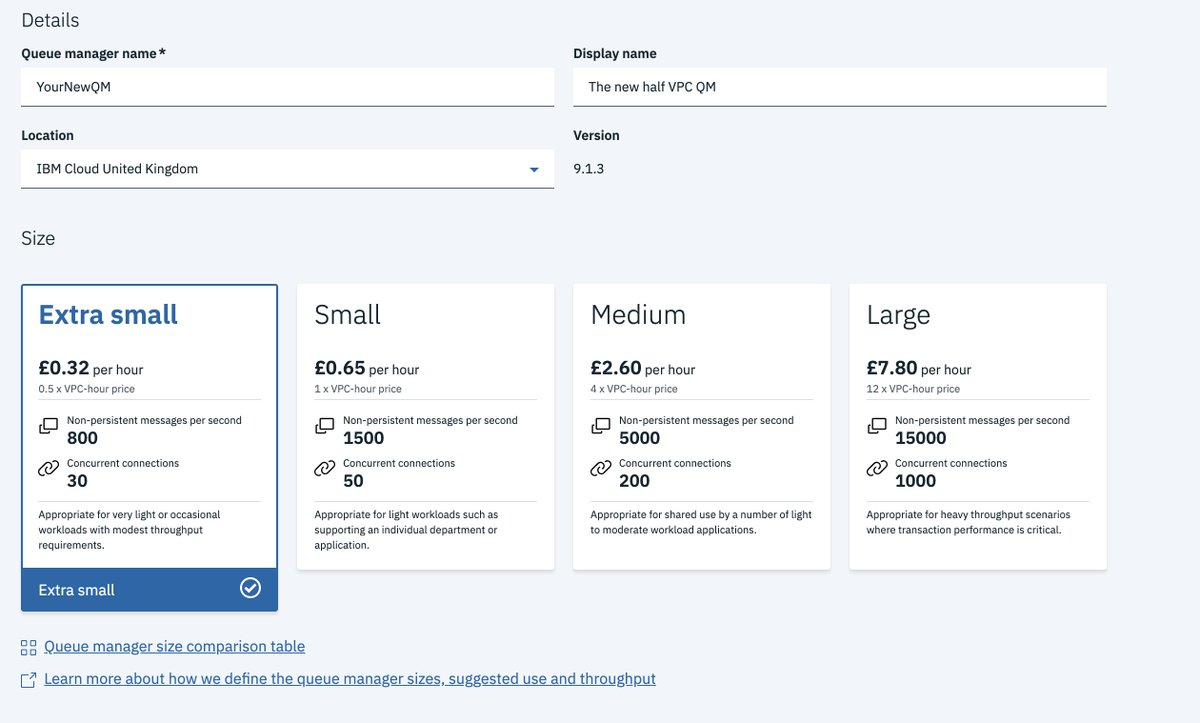

- #DELETE .MQ FILE SECURE HOW TO#
- #DELETE .MQ FILE SECURE FULL#
- #DELETE .MQ FILE SECURE SOFTWARE#
- #DELETE .MQ FILE SECURE CODE#
- #DELETE .MQ FILE SECURE WINDOWS#
On Windows, file shredding software such as Eraser will enable you.
#DELETE .MQ FILE SECURE HOW TO#
How to permanently delete files from PC (Windows). We have quite a few connections and rather than going through and removing each ne individually, I was hoping there was a quicker way. Your files have now been securely deleted. I'd like to easily be able to "clear" my MQ Explorer, import the development config, make any changes I may need to, then export and "clear" MQ Explorer again to reimport my admin config. Select filters and click Apply filters: Products. From the Access Management navigation menu, select Audit Logs. To issue the CLRMQMQ command, type the following on the 5250 terminal (use your queue manager and queue. clear ql (TEST.Q.NAME) Method 2: On IBM i (OS/400), the user can also use the CLRMQMQ command.
#DELETE .MQ FILE SECURE WINDOWS#
Click Access Management in the left navigation bar or the main Anypoint Platform screen. When planning your IBM MQ environment, consider the support that IBM MQ provides for single and multiple queue manager architectures, and for point-to-point and publish/subscribe messaging styles. Method 1: If you need to clear a queue on Linux, Unix, Windows or IBM i (OS/400) then start runmqsc and issue the following MQSC command: 1. We also have a separate configuration with connections set up with our admin client channel. To access Anypoint MQ audit logs: Log in to Anypoint Platform. This channel is being used for the connections to all of our queue managers. We have MQ Explorer distributed to our MQ developers and have a specific client channel in the config that is secured for their use. Let me better explain our situation and see if that helps clarify my dilemma. Explorer still came up with all of the old connections. I did finally have time to get back to this and I did edit the WMQ_Handles.xml file to remove the connections. Return the modified list of files back to agent to transfer files. Remove the filenames from the list whose size is out of the specified range. Keep the filename in the list if its size lies in the specified range.
#DELETE .MQ FILE SECURE CODE#
The exit code can then: Iterate through the list of files. The issue with the channel I had seems to have been cleared up.Thanks for the guidance. The source agent calls the exit with a modifiable list of files to transfer. Unless there is a way of saving the queues, channels, etc, of the current queue manager deleting the one I currently have is not ideal. In this case no I did not delete any files until it was suggested removing some of the old. Those FDC files are intended to be sent to IBM when you have called support. Your FDC files are also probably the result of the earlier actions you mentioned. You are probably better off if you take the decision to delete the whole queue manager and start again.

My question is where do I find the object?ĭid you say you had inadvertently deleted some of MQ's important files? Maybe this is an effect from that. Turns out I have another damaged object problem.ĪMQ7472: Object PUBSUBNLCACHE, type damaged.įrom what I read it seems I have to delete the object and restart MQ. The same is not true for the actual queue manager logs, which you mess with at your peril. The same is true for the errors directory under each queue manager. The LOG files will roll over by themselves. If you have that many FDC files I'd be slightly concerned. You delete FDCs when you've successfully used their contents to resolve the problems they are reporting. IBM MQ Continuous Delivery (CD) release for MQ Appliance M2002 and M2001 (See statement of direction) MQ 9.2.5. Fix List for IBM MQ Version 9.3.x LTS/CD.

FDC files and would like to know how best to clean them up. IBM MQ Continuous Delivery (CD) release for distributed platforms, z/OS and MQ Appliance M2003. I'd like to know how to properly clean up the /var/mqm/errors directory.
#DELETE .MQ FILE SECURE FULL#
That's certainly true for the queue manager logs. mq file system got 100 used in one of our queue managers and we found that our queue is occupied the full space so i have deleted the q file.so file system issue got resolved. In the Services window, right-click Message Queuing, and then click Start. I have learned the hard way you don't just delete anything in MQ without running the risk of corrupting your message tables. Delete all files with an MQ extension (.MQ) NOTE: There may be more than 520 files total of 1 GB in size to be deleted from this folder.


 0 kommentar(er)
0 kommentar(er)
